The Basics of Importing Machinery from China
Importing a wide range of machinery from China is not as complicated as it seems when you have access to all the relevant information to get the task done. There are multiple benefits of importing machinery from China apart from cost saving. However, this article aims to concentrate fully on the logistics of importing machinery from China with an emphasis on making the task as simple and lucid for everyone to understand. You need to have a clear understanding of different aspects such as types of machinery that can be imported from China, national import standards for different countries, import duties for different countries, warranty and part replacement for machinery imported from China, function and quality testing on machinery imported from China. Read further for in-depth insight on the subject.
1. Types of Machinery Imported from China
China presents a world of possibilities for those looking to import machinery from the country. Machinery imported from China serves a wide range of industries, including but not limited to construction, food based industries, packaging plants, textile industry, and food processing industry, agricultural endeavors.
Agricultural Machinery
Clients from countries anywhere in the world can benefit greatly by importing agricultural machinery from China; the country excels in the manufacture of machinery parts and assembling of agricultural machinery that serve to streamline and facilitate farming and agricultural endeavors. There is a wide range of agricultural machinery that can be imported from China; the most prominent among them are as listed below.
- Tillage Machinery
- Seeder Machinations
- Seeding Raising Machinery
- Transplanter Machinations
- Planting and Fertilizer Machinations
Construction Machinery
Clients in the construction field can also greatly benefit from construction machinery imported from China. These state of the art machines are now fueling construction industries all over the world. Prominent variations of construction machinery that can be imported from China are as follows:
- Excavation Machinery
- Earthmoving Machinery
- Hoisting Machinery
- Industrial trucks
- Concrete Machinery
Food Processing Machinery
With the growing demand for processed foods around the world; food processing endeavors in any country stand to benefit from importing cutting edge relevant machinery from China. Examples of these forms of machinery are:
- Beverage Machinery
- Processing Machinery
- Drainage and Irrigation Machinery
- Fruit and Vegetable Machinery
- Roasting Machinery
Textile Machinery
China makes a significant contribution to textile industries in many regions of the world in the form of textile machinery. Examples of textile machinery imports from China are:
- Spinning machinery
- Weaving Machinery
- Knitting Machinery
- Dyeing and Finishing Machinery
Packaging Machinery
Packaged products are the norm for consumers when they purchase almost anything and China is well-equipped to supply packaging industries with relevant machinery to streamline the process of product packaging. Examples of these packaging machinations imported from China are:
- Filler
- Capper
- Wrapping Machine
- Multifunction Packaging Machinery
In addition to these neatly categorized variations of machinery imported from China are various miscellaneous forms of machinery that serve various other purposes. Examples of these forms of machinery imported from China are:
- Pavement construction and Pavement Maintenance Machinery
- Driving Machinery
- Pile-driving Machinery
- Municipal & Environmental Machinery
- Aerial Working Machinery
- Finishing Machinery
- Elevator Machinery
- Agricultural Handling Machinery
- Other Professional Engineering Machinery
2. Standards and Safety Parameters and Import Documentation Requirements for Different Countries
When you are in the process of importing machinery from China into your own country you need to be aware of domestic regulations, safety standards and required documentation that govern the import of almost all kinds of machinery. Different countries have different parameters that need to be met and while some countries share the same regulations; others have customized machinery import regulations, safety standards and documentation requirement to facilitate importing machinery from China or anywhere else. Read further to know more about these regulations that largely governs the import of Chinese machinery into prominent countries.
In regions such as Australia, New Zealand, the United States, Europe, and India, complying with local regulations and standards while importing machinery from China cannot be bypassed. It is the duty of the importer to meet these requirements as directed by domestic ordinances applicable to the import of machinery. Failure do so often result in seizure of goods by customs authorities, heavy fines and even recalls. It is important to bear in mind that while importing machinery from China; your source of purchase needs to have a record of producing machinery that are compliant with your domestic regulations and safety standards. Failure to do so will result in financial loss, seizure of goods by customs authorities, heavy fines and even recalls as mentioned before. All of this is not conducive for a legitimate commercial entity hence everybody follows domestic regulations and standards pertaining to import in their own countries. For the know-how and know-what pertaining to local laws, regulations and safety standards applicable to success of importing machinery from China; read further.
European Union
Machinery manufactured in the European Union or imported from outside has to be complaint with the Machinery Directive (MD) in all EU countries.
It is the importers responsibility to ensure that machinery purchased from within or outside the EU is CE complaint. The CE standards are as listed below.
- CE mark on product unit, packaging and user manual
- Compliant with electrical and mechanical regulations; as specified in the CE Machinery Directive.
- Issue a Declaration of conformity and technical documentation; i.e., design drawings, bill of materials and risk assessment.
In some cases machinery imports are upheld to specified and direct standards. When importing machinery from China such as certain kinds of tractors, motor vehicles, trailers and electrical appliances specific directives need to be kept in mind. Certain EU countries have their own specific regulations applying to the import of machinery of specific kinds.
In short; standards and regulations to keep in mind while importing machinery from China into the EU are…
- CE Machinery Directive
- ISO standards for certain kinds of machinery
- ROHS compliance
- And specific standards and compliance terms set by certain EU member states pertaining to importing machinery from China.
To ensure that the machinery you import from China meets all domestic standards and parameters, ensure that your source of purchase is well able to comply with these domestic standards and parameters within the EU.
United States of America
In the United States ASTM International standards regulate the import of machinery into the country. ASTM International standards are varied and there are no single ASTM standards that regulate all types of machinery.
In short; standards and regulations to keep in mind while importing machinery from China into the United States are as set by these domestic bodies…
- ASTM International Standards
- American National Standards Institute (ANSI)
- Robotics Industry of America (RIA)
- Instrument Society of America (ISA)
- National Fire Prevention Association (NFPA)
- Underwriters Laboratories, Inc. (UL)
Australia and New Zealand
There is no uniform set of standards that regulate the import of machinery into New Zealand and Australia; in fact various kinds of machinery need to meet various standards and specifications.
AS/NZS compliancy applies to certain types of machinery, including mobility scooters, trolley jacks and mini bikes while electrical machinery are regulated by the ERAC Equipment Certification System.
India
The ISI mark directive or BIS Product Certification Scheme regulates pumping, irrigation, drainage and sewage equipment, automotive components, electronics and optical equipment, testing instruments and most other types of machinery in India. While importing machinery from China into India ISI mark directive, or BIS Product Certification Scheme needs to be complied with.
3. Warranties & Replacement Parts for Machinery Imported from China
When importing machinery from China; you need to consider the replacement parts and warranties your source of purchase is offering. The suggestions listed below will shed plenty of light on this subject.
- Before you place an order, confirm the specific warranty terms set by the supplier.
- In most cases Chinese suppliers offer free spare parts if the importer is willing to take on freight charges which can paten be more expensive than sourcing replacement parts locally.
- Replacement part deliveries tend to take a lot of time which can result in a standstill in production that has adverse financial impacts for the importer.
- Verification of warranty terms before purchase is integral for importers that wish to avoid disappointment and financial loss.
- Spare parts storage is a basic yet integral strategy to tide over the time taken for replacement part deliveries from China.
- Warranty terms should ideally encourage video and photographic evidence of damage to imported machinery instead of sending back damaged parts to China which can be quite expensive and a waste of financial resources.
4. Installation, Service and Maintenance
Businesses importing machinery from China are best by relying on local technicians, or their own skills, and spare part suppliers; instead of expecting the China based supplier to solve issues. There are a number of reasons for this…
- Unavailability of local maintenance and service firms for Chinese machinery in most countries of the world
- The issues surrounding securing a Visa for a support personnel from China based supplier
- The time required (minimum of 6 months) to secure a Visa for a support personnel from China based supplier.
Thus, it is always advisable for the firms importing Chinese machinery to better rely on their own installation skills or on spare part suppliers. In many cases, the Chinese machinery suppliers do offer installations services as well. However, the problem is that these firms do not have sufficient employees or even partnerships with maintenance firms in other countries. Thus, these firms get limited in their services and are not able to fulfill the requirements. The major problem faced by these firms is the long and tedious process of obtaining visa for the destination country.
Function testing and Quality control
When you are importing machinery from China, it is always advisable to do a quality inspection. Otherwise, this mistake can cost you millions. Always make sure that the machine is completely functional and is at par with your set quality requisites before the shipment only. The reason is that returning defective machines to China is not quite an option. Foremost, if you return the machinery, the customs authorities in China may not allow the shipment to return back to the country. Secondly, even if you are successful in returning the machinery back, there are very slim chances that you will get a refund back. At best, they will only make amendments and then return it back to you and that too after you have paid the return freight. So, in both the cases, the loss is only yours. Thus, it is always better to be cautious and take care to check the quality of the machinery before the shipment. An effectual method of doing so is having an on-site quality inspection before the shipment. You can do this on your own or you can hire an inspector who is based in China. Moreover, while on an inspection round, take care that you actually involve real life functional testing.
If functional errors or defects are resolved in time, they can be rectified there and then. Remember that hiring technicians in west to do the repair work can cost you dearly. Thus, better be hard on maintaining the quality norms and save your hard earned money on the machinery.
In addition to the abovementioned information, here are some relevant tips to follow when importing machinery from China.
When you are planning to import machinery from China, it is always imperative to follow a proper plan and then go forward with it.
Always plan your import objectives
Before initiating the process, it is always better to be clear about what you actually want to achieve through the process. On one hand, your main objective would be to obtain a cheaper source of machinery in China and to import the machinery that is unavailable in your own country. However, at the same time, this entire importing process should be able to fit in your overall business plan. A slight difference from your business plan can cost you dearly and can also increase your revenues unknowingly.
Try to identify a good and reliable supplier
Always check the credibility of the supplier of the machinery in China while importing machinery from China. You also need to know whether the said supplier of machinery in China outsources any of his tasks to subcontractors. As this can have a huge impact on the quality expected from the supplier. Moreover, it is always better to understand the Chinese market culture. This will help you in maintaining a healthy relationship with your supplier. In addition, if you are able to learn the language spoken widely in Chinese markets, it will be of great help to your business.
Always try to negotiate for the right deal
Any good business relationship is focused on finding the right business deal. When you have a clear understanding of your own weaknesses as well as strengths and the priorities of your suppliers, it can really help you in negotiating the perfect deal. The Chinese usually believe in having a good relationship with their prospective clients. These relations need to be built on mutual benefit and interest.
Always try to have a clear contract
Always have a clear contract regarding the payment as well as delivery terms. When you use internationally agreed incoterms that are International Commercial Terms, it can assist you in reducing the risks of having misunderstandings or delivery issues. Moreover, your contract should also cover the payment that is required and the currency in which the payment would be made.
Take care of the international paper work
Always choose the mode of transportation beforehand for importing machinery from China. Moreover, when importing, you need to choose whether you want to handle the logistics part yourself or outsource this task to a freight forwarder. However, when you are importing machinery from China, air and sea are the two main options of doing so.
Always check whether you need an export and import license
As a trader, you should know whether you need to pay VAT as well as duty on the imported machinery goods. Imports are often liable to the import duty which differs from country to country and needs to be calculated.
Now every country has its own customs duty rates as well as tax calculation methods. Here is detailed information on these duty taxes as calculated in different nations.
EU or European Nation
As we all know that EU is not a nation but a market, thus it implies that all the EU members states enjoy the same customs duty rates when importing products imported from the nations that are not members of EU. Thus, an importer needs to pay customs duty only once when importing machinery from China. Moreover, customs duty is not added to the products that are sold within EU. This means that German or Spanish customers need not pay customs for the products that have already entered EU territory. However, you need to pay a customs duty for the products that are imported in EU from other nations.
The ultimate way of finding the tariff amount for any imported machinery product from China is to identify the harmonized tariff schedule number for your machinery.
5. Imported duty on Machinery from China:
how to use HS Code of your imported machinery from China to calculate the correct tax amount?
HS Code or Harmonized Commodity Description and Coding System is basically an international classification system. This system of calculation of customs duty makes it easy for the customs locating the said items within their catalogs. Secondly, it becomes easy to associate any imported product category such as machinery with its import duty. Also note that a HS code may also be called as custom code, harmonized code, export code, tariff code, etc. Thus, you should not get confused. A 6-10 digit code which is used for representing the product is your HS code. The HS code can be used for calculating customs duties and taxes for different products as well as the declared value on your commercial invoice. Always ask for an updated HS code list for a better understanding of the taxes you need to pay when importing machinery from China.
USA
Fort those who are importing from China to USA, we have to be extra careful to avoid those items that are imposed tax tariffs due to the recent US-China trade war. Normally the duty on the US customs is 3% but with the tariffs it can be up to 25% or more. In the country, customs duty is levied on the imports of all the products having a customs value of $200 or more. Since US does not have a VAT system, you need to pay a Federal excise tax on certain imports, including alcohol and tobacco. In addition, all the imports to US need to include Merchandise Processing Fee which is based on the order value. HMF or Harbor Maintenance Fee is levied on the imports that are transported inside the country through sea.
Australia
Importers in Australia need to pay somewhat lower duty rates as compared to US and EU. Moreover, Australians also enjoy a minimum threshold when they are importing machinery from China. Imports of products, including machinery, that value up to AU$1000 are actually exempted from customs duties, Import Processing Charge, and GST.
How Can CNSourceLink Help?
To make the importing of machinery from China a smooth process, you need to contact the right source agent. We at China Sourcelink can offer much help in this direction. We have been working in this field for quite some time now and hold the required expertise to handle all aspects of importing machinery from China. Moreover we also take care of maintain the required quality of the machinery to be imported and the shipping process as well. In addition, we also assist you in calculation of HS codes for different nations and the customs duty levied on imports in different countries. So contact CNSourcelink.com and get rid of all your worries and inhibitions about importing machinery from China. We will assist you in every step thereby making sure that you do not fall short on any aspect and get the best quality desirable when it comes to machinery.




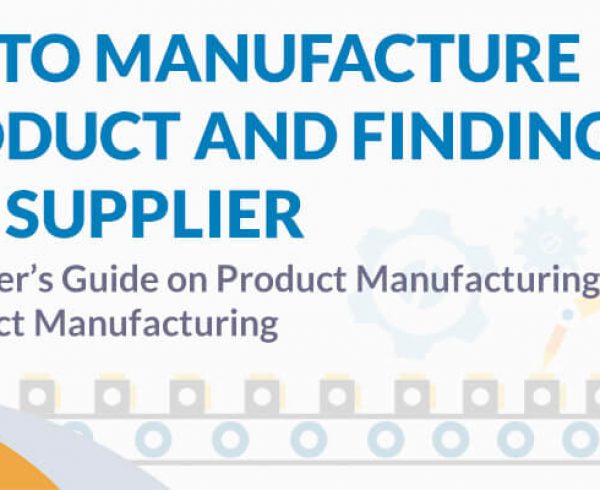
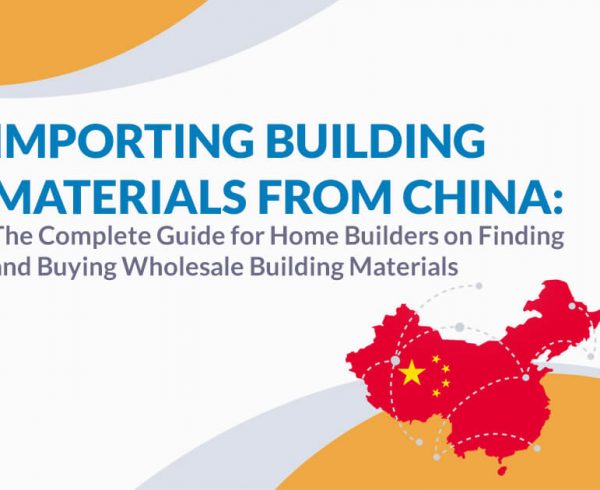
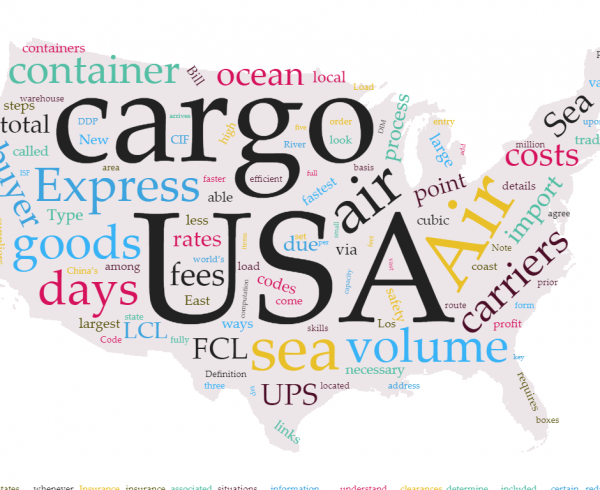

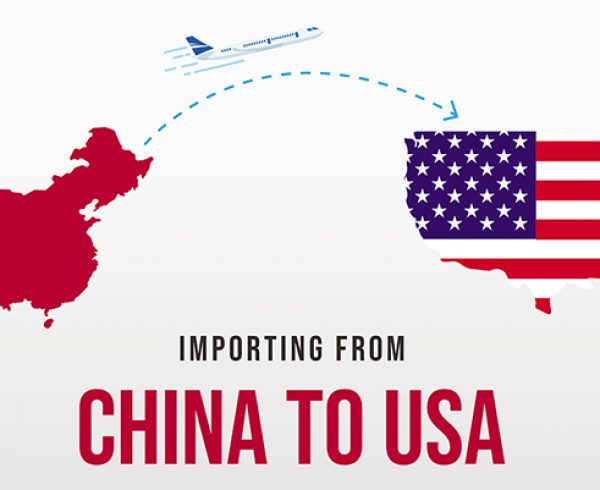
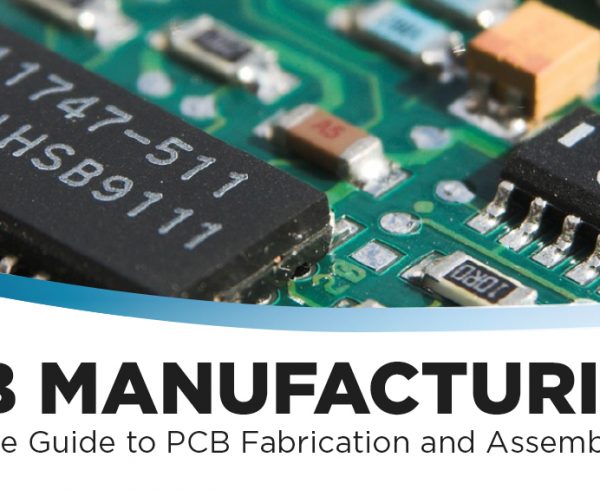

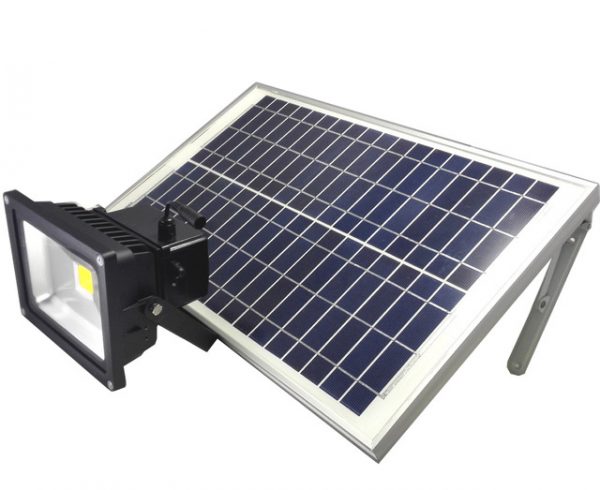



1 comment